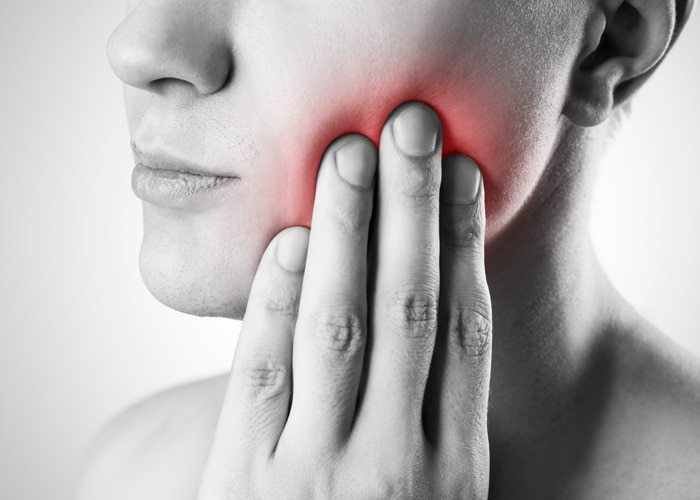Worrying About Thumbsucking
Babies are prone to sucking on their thumbs, fingers, pacifiers and other objects that seem to calm them, soothe them and make them easily fall asleep. As parents, you are likely to let it be seeing your child is happier and less fuzzy; you might even think the child will soon outgrow this seemingly harmless habit.
Prolonged thumbsucking, like after the toddler years or when the child’s first permanent teeth start to come in, this finger habit can cause interference with the proper growth of the mouth and alignment of the teeth. Teeth, gums, jaws, the roof of the mouth, and even facial form can be impacted. Some children tend to vigorously suck their thumbs and its intensity can determine whether or not dental issues will arise. Some aggressive thumbsuckers may develop problems with their baby teeth, while passive suckers may not. A dental or skeletal open bite can develop among aggressive suckers but it will self-correct if the habit stops while the child is still growing.
Though thumbsucking may cease between the ages of 2 to 4 years of age, you can still do some intervention soon enough to prevent untoward effects. For example, you can provide extra comfort and caresses to ease your child’s anxiety or insecurity, or wean the child away from dependency on the thumb by distracting his attention towards, say, speech sounds. Older children may understand if you explain what happens to the teeth if they continue to suck or praise the child for not thumbsucking.
Seeking Professional Advice
Want to know more tips to help you wean your little one out of this reflex? Ask your Auburn dentist about thumbsucking and ways to manage it.



